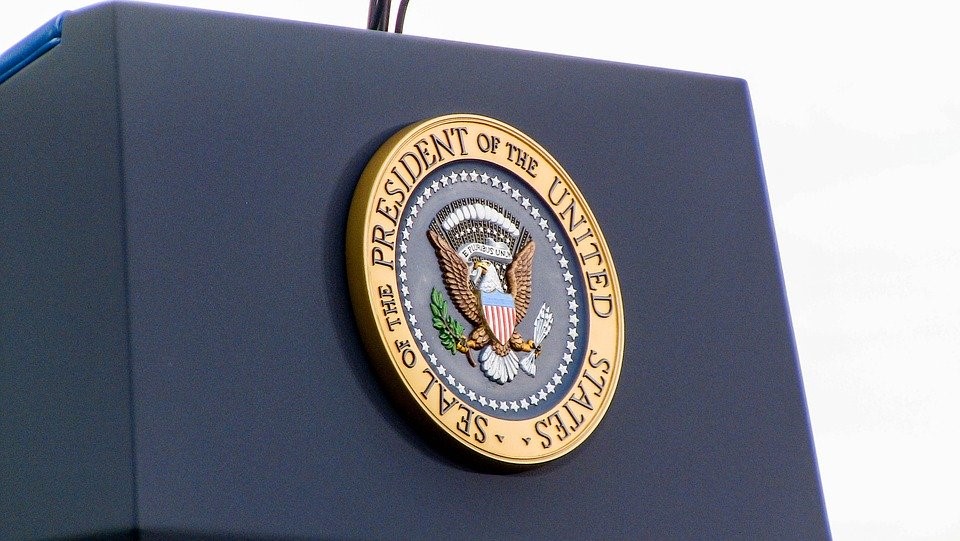
How Much Time Does A Ghostwriter Need to Write A Book?
HOW MUCH TIME DOES A GHOSTWRITER NEED TO WRITE A BOOK?
One of the most common questions new and prospective clients ask ghostwriters is how long their book project will take from start to finish.
For clients that pay by the hour, the thought of a project taking six months or longer can be scary.
We interviewed several professional ghostwriters to ask them about their processes and how long ghostwriting takes them.
Most ghostwriters agreed that the interview process takes a significant amount of time up front, with one to two hours spent per page writing and additional time spent editing, revising, and proofreading after that.
Ultimately, though, there really is no simple answer, as each project is different and requires a different time commitment.
Fortunately, professional ghostwriters have processes in place that they use for each project, which can give you a good idea of how much time your specific project would take them.
Factors That Impact Time Spent Ghostwriting

Photo by JESHOOTS.com from Pexels
No two ghostwriting projects are the same, even if the projects specify the same number of words or chapters. Some factors that can impact the time spent on ghostwriting a book are:
The Initial Meeting
For ghostwriting projects, the initial meeting between the ghostwriter and client can be an extremely important starting point, setting the pace and expectations for the entire project.
According to The Writers For Hire ghostwriter Jennifer Rizzo, the initial meeting with the client is used “to determine whether they have a certain style or tone in mind, or if they need some examples to help nail those things down. That initial meeting is also when we figure out if interviews should be conducted, who needs to be interviewed for the project, and how/when those interviews are going to be done.”
Once the initial meeting is conducted, both the ghostwriter and client should have a better idea of what the scope of the project will entail, which will help to determine how much time should be budgeted.
Size and Scope of the Project
Sizes and types of ghostwriting projects can vary greatly, from short children’s books to a large, multi-book memoir.
The longer the project, the more time you can expect it to take.
Did the Client Provide an Outline or Draft?
Ghostwriting projects all start in different phases.
In some cases, a client will come to the first meeting with an entire first draft of their book already written. Other times, though, all they have is the initial ideas and concepts of what they want their book to look like.
If an outline or a first draft is provided upfront, this could serve as a starting point for the writer.
However, it can also create more editing work before any actual writing occurs. Not all client-created outlines or drafts are what end up getting used, as phone calls and interviews can alter the initial scope.
Interviews
Much of the time spent on ghostwriting, especially with book projects, is in interviews.
If the interview subjects are difficult to get a hold of, this can cause delays. And if multiple interviews are needed or conversations drag on and veer off-topic, it could take longer.
Most of the writers we interviewed noted that between the initial interviews and outline process, it can take a long time before any writing actually gets started.
The Writers For Hire ghostwriter Flori Meeks notes that her process for autobiographies starts after she knows what a client’s goals are.
Meeks says that she will develop questions and start scheduling interviews. “That process continues until I have enough information to recommend a detailed book outline. After finalizing the outline with the client, I write the first chapter, have it edited by another member of our team, and send it to the client to get their feedback.”
Research
The amount of outside, third-party research will vary, based on the topic and project scope.
If you choose to create a book about a historical period or a specific scientific fact, it will likely require more research than a book just about your personal life story.
Writing
Each writer drafts copy at a different pace, but one type of writer does not necessarily offer an advantage over another.
A writer who completes 250 words an hour may need less time in the editing phase than one who writes 500 words an hour since they take more time reviewing the content as they write it.
Editing
Editing is an important part of the process that shouldn’t be overlooked. Rarely is the first draft the one that’s the best.
In fact, most good books go through several rounds of edits before they are ready to be published.
Feedback and Revisions
A ghostwritten book is a client’s story, not the ghostwriter’s. After all, the client is the author. The ghostwriter is just the person who is helping the author get their story on paper.
Because of this, there’s a good chance that there will be some feedback and revisions along the way. This is just part of the process.
However, the more time spent going back and forth, the longer the project will take.
Proofreading
Once the revision process is complete, the document still needs to be proofread before it can be published or otherwise considered finished.
Although it can be time-consuming, proofreading is an essential step in catching style inconsistencies, grammar issues, and typos.
Division of Labor
Clients can be as involved as they want to be with their ghostwriting project.
A client may want to provide a rough draft for the ghostwriter to start with. Or perhaps they just want to hand off the project and see the first draft when it is completed.
And in some cases, clients want to draft certain chapters on their own, while having their ghostwriter draft others.
There is no wrong way to divide the labor on a ghostwriting project, although the division of labor will impact the amount of time ghostwriters will spend on projects.
Ghostwriting Challenges
Ghostwriters can face many unique challenges compared to other types of professional writers. This can delay a project or cause more time to be spent on the feedback and revision process. Some common challenges include:
- Difficulty scheduling interviews. Interviews can take time, and clients often have numerous responsibilities to juggle, which can make it difficult to schedule interviews.
- Not having enough information available. Even with interviews, sometimes it can be difficult to get enough information about the subject. In these cases, ghostwriters often have to do additional research to get the content they need.
- Lack of sources. Sometimes an assignment requires more sources than the client can provide, and the sources are difficult to find.
- Insufficient communication. A lack of communication throughout the project can make it difficult to proceed. This can happen when days or weeks pass between responses or reviews of drafts.
Additionally, ghostwriters want to have a good grasp on the subject and the expectations before getting started.
“I’m not a procrastinator but I can be a perfectionist, and I’ll rewrite the intro to something several times before I’m happy with where it’s leading me,” The Writers For Hire’s Barbara Adams says.
The good news is that there are things that clients can do to speed along the ghostwriting process, should that be their goal.
Making themselves available to the ghostwriter for prompt interviews, drafting an outline of sorts that details what is expected, and keeping the lines of communication open can make the entire process faster.
And finally, before starting any ghostwriting project, it is a good idea for the client to discuss the expected timeline with the writer to see if their expectations are realistic.
Related Content
- 0 Comment
Subscribe to Newsletter
- Elevate Your Content: How To Use Canva for Eye-Catching Visuals
- These Tools Are Your Key to the Content Campaign Kingdom
- Strategic Content Marketing: Distribution Methods for Maximum Reach
- The Abilities and Limitations of AI in Content Creation
- How to Use AI to Power Up Your Marketing Communication Strategy


